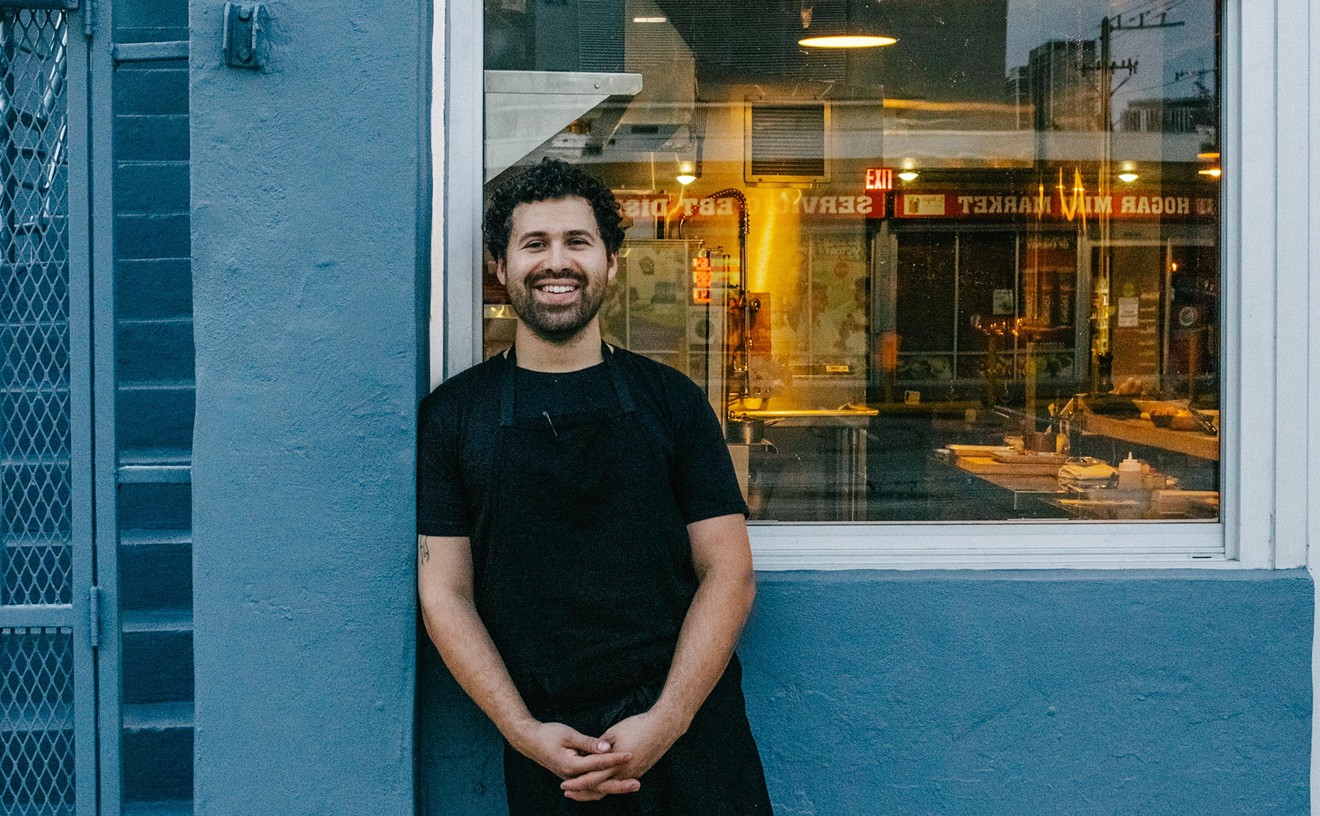His movies are not without their pleasures. He's a gifted chronicler of social awkwardness, especially sexual tension gone limp, and he's brought some interesting talents to the screen, notably his brother Michael Emil and his wife Victoria Foyt, a radiant screen presence. But too many of his films, including Deja Vu, his most recent one, feel like B-list cocktail parties that never end.
The new film has two good performances: Foyt's as Dana, an American businesswoman traveling abroad, and Stephen Dillane's (Welcome to Sarajevo) as Sean, the mysterious and thoughtful Brit painter she meets along the white cliffs of Dover. They flirt, come close to falling into bed, and then pull back; they meet again, supposedly by accident, at a London inn. Both, it turns out, are in relationships they can't easily renounce: He's married; she's on the verge of getting married. Their significant others are with them at the inn. When it's not sidetracked into pointless subplots, the film follows the resolution of this romantic complication. There's also a mysterious older woman who appears early on to speak of her lost love; her story resonates throughout -- in a way that would be moving if credulity weren't eventually strained by a terribly literal device.
Deja Vu teems with trademark Jaglomisms: dialogue that drones on and on; a stereotypically pushy Jewish man (Dana's fiance Alex, played by Michael Brandon) who is a stand-in for the filmmaker; a conveniently schematic division between the world views of the characters (some are cautious, some are risky, and you can tell who's who from a mile away); pedestrian composition and framing; and bits of corny popular music that only Allen can use without seeming cutesy.
The film also reminds us of what's most frustrating about Jaglom: He's drawn to provocative, even intriguing topics, but he's incapable of pursuing them in a fruitful way. Even though his characters discuss, discuss, discuss, we rarely hear a fresh or original insight. In 1992's Venice, Venice, for instance, we hear woman after woman talk about how the men they meet never live up to the ideal of Clark Gable or Cary Grant, and how life isn't as glamorous as it seems to be in old movies. True enough. But this is a fresh thought? The riff comes across more like an undergraduates' bull session -- the manifestation of a man deeply insecure about his feminist credentials.
Jaglom is a dedicated explicator of the obvious, and in Deja Vu he hammers away at an all-too-familiar point -- sometimes when people meet they feel a connection from the very beginning, and sometimes they don't. It's an idea that can make for a disarming and beautiful film -- think of Preston Sturges's The Lady Eve (1941), Allen's Annie Hall (1977), or, more recently, Krzysztof Kieslowski's Red (1994). But after the characters and the plot pound away on it a hundred times, we just don't care any more.
As is the case in the majority of Jaglom's films, most of his characters here are either out-and-out mouthpieces for his ideas or they are "types" who shore up his preconceptions. Skelly (Vanessa Redgrave), for instance, a visitor to the inn who urges Dana to take chances, is little more than a stereotype of the free-spirited older woman; similarly, Alex is an undifferentiated, gruff businessman. We never get any further into these characters or their psyches.
Deja Vu.
Directed by Henry Jaglom. Written by Jaglom and Victoria Foyt. Starring Victoria Foyt, Stephen Dillane, and Vanessa Redgrave.









